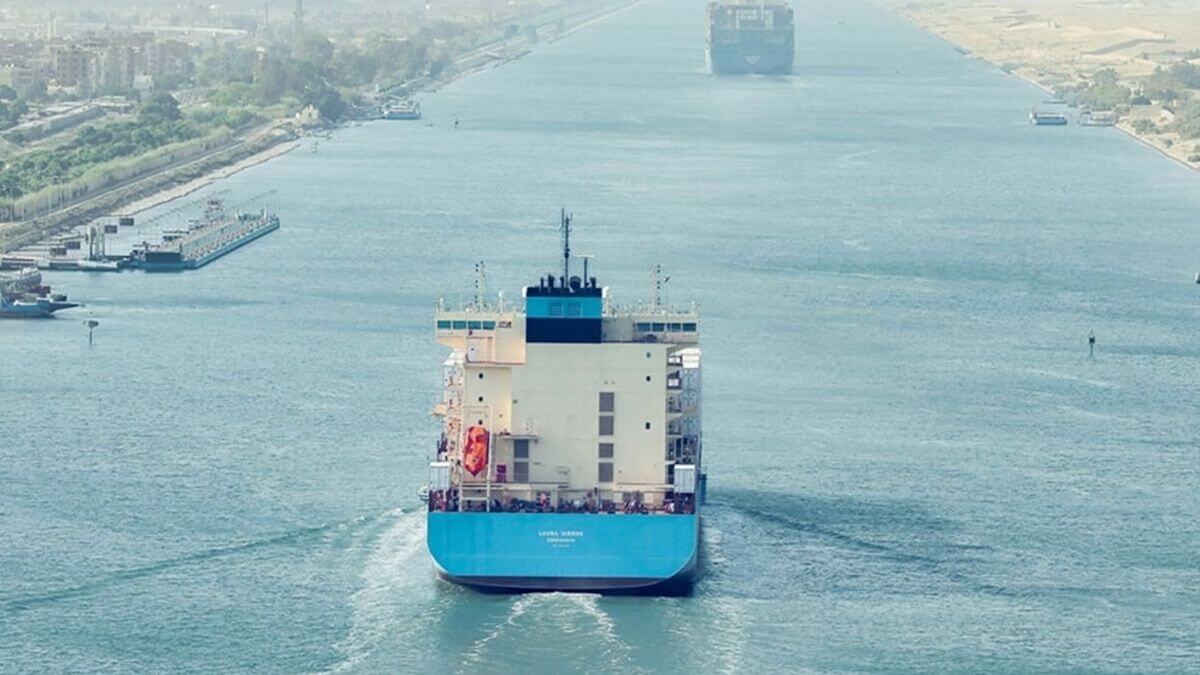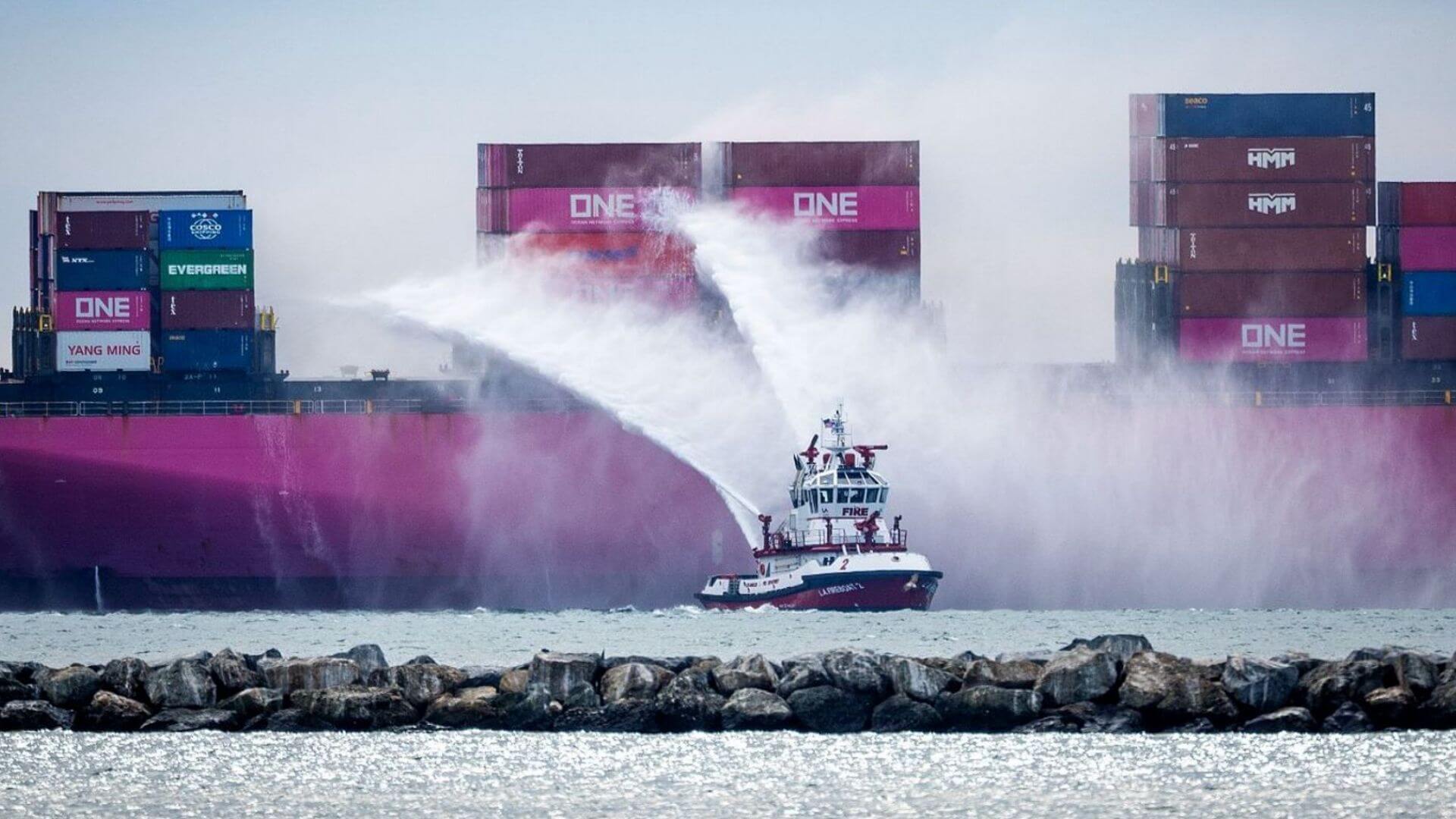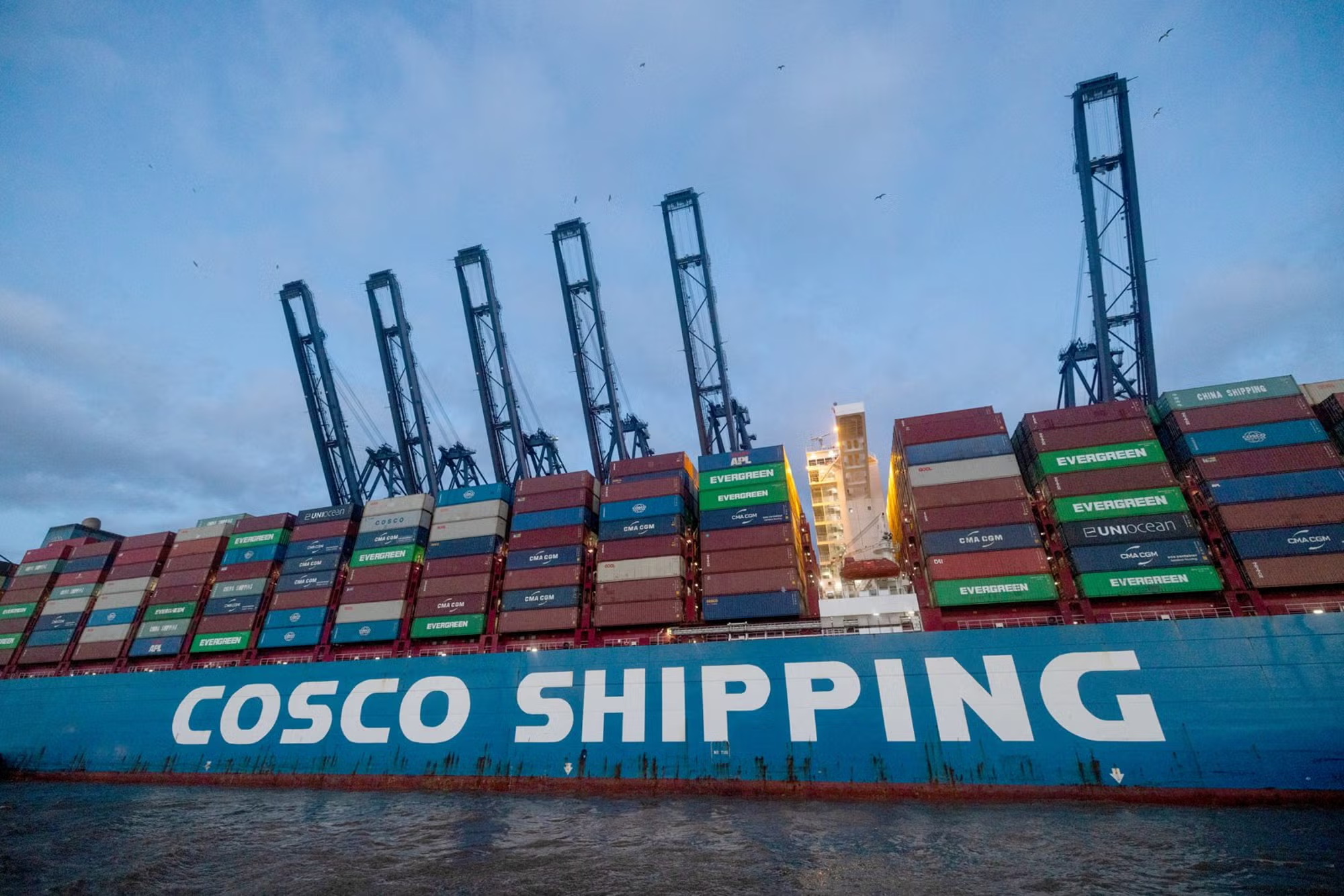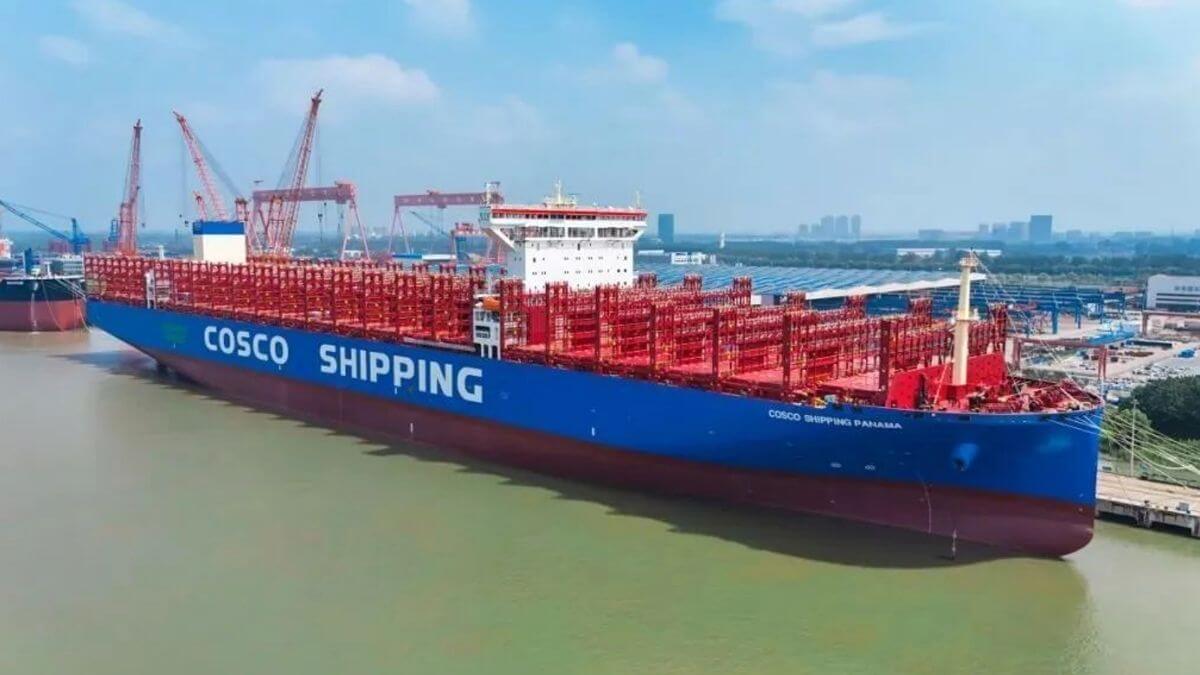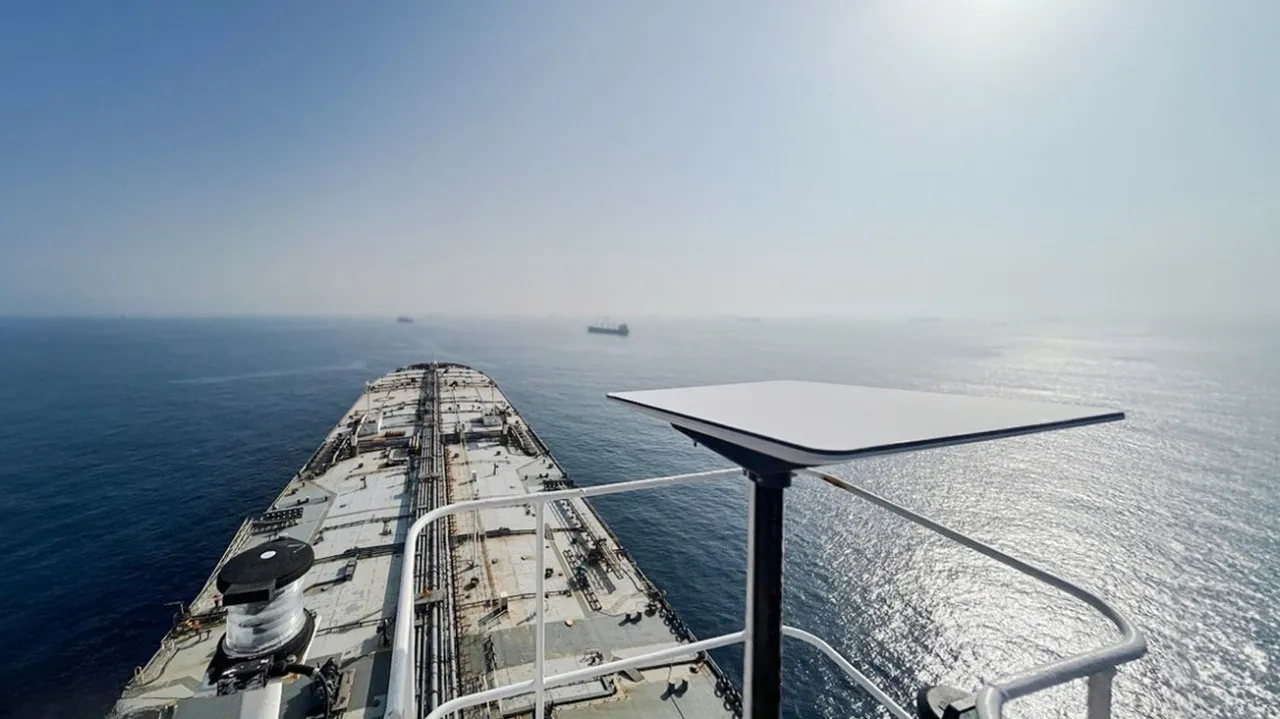DSV ghi nhận sản lượng hàng không tăng 64% trong quý III nhờ thương vụ mua lại Schenker
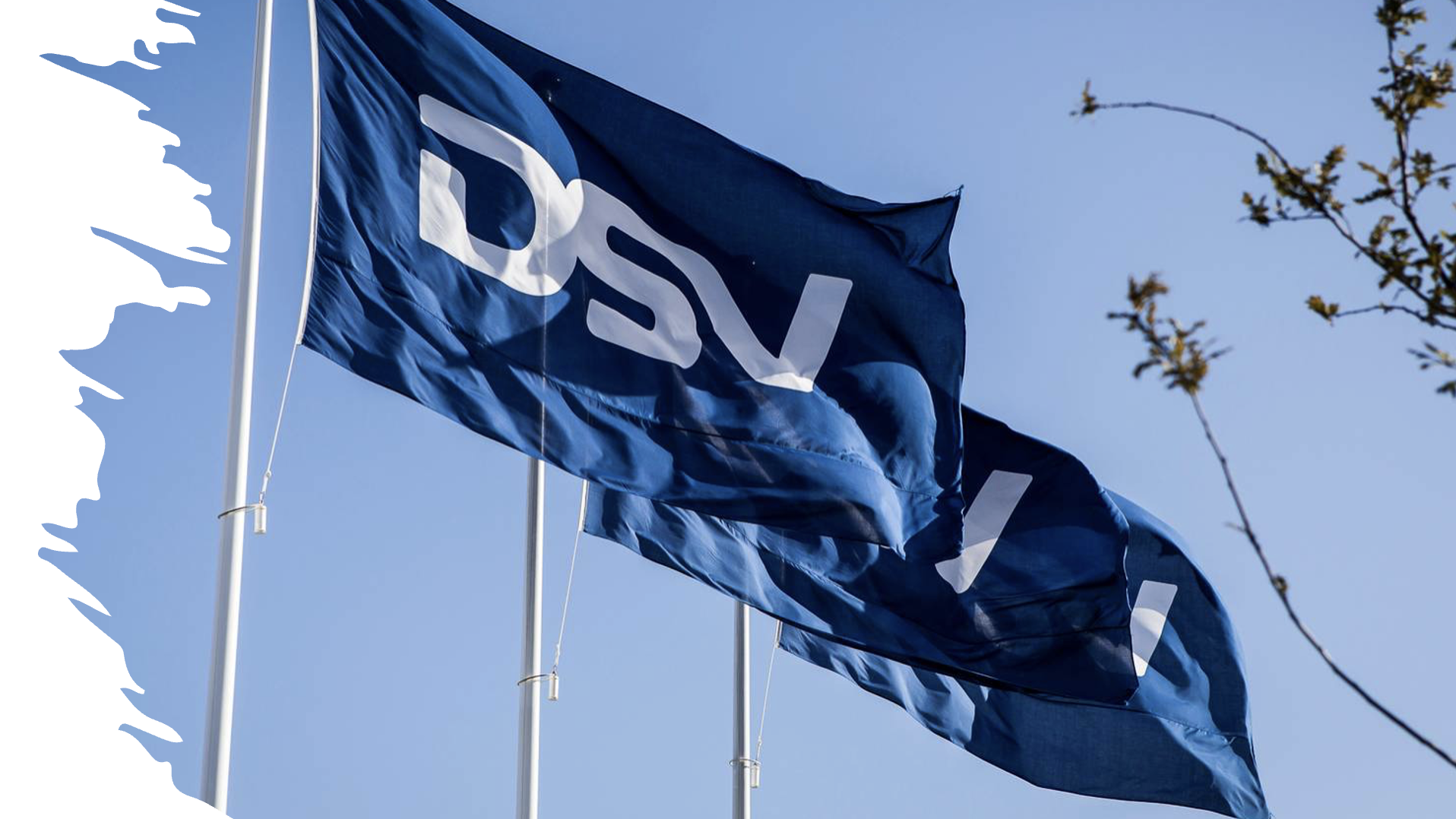
DSV cho biết sản lượng vận chuyển hàng không trong quý III/2025 đạt 579.000 tấn, tăng 64% so với cùng kỳ năm trước, được thúc đẩy bởi thương vụ mua lại Schenker. Tuy nhiên, tăng trưởng hữu cơ của mảng hàng không giảm 1,6% so với cùng kỳ.
“Sản lượng hàng không của DSV tăng 64% trong quý III/2025 và 37% trong chín tháng đầu năm so với cùng kỳ năm ngoái,” DSV cho biết. “Tăng trưởng hữu cơ của mảng hàng không giảm 1,6% trong quý III/2025. Sau khi loại trừ các lô hàng có biên lợi nhuận thấp, tăng trưởng hữu cơ được ước tính tương đương với tốc độ tăng của thị trường khả dụng.”
Doanh thu mảng hàng không đạt 21,1 tỷ DKr, tăng 50% so với cùng kỳ, trong khi lợi nhuận gộp tăng 7,8% lên 4,6 tỷ DKr. Theo báo cáo quản trị, lợi nhuận gộp hữu cơ duy trì ổn định so với năm trước nhờ biên lợi nhuận cao hơn trong lĩnh vực hàng không.
DSV cho biết, mảng công nghệ đóng góp mạnh mẽ vào tăng trưởng, trong khi mảng ô tô tiếp tục ghi nhận xu hướng chuyển sang dịch vụ giá thấp hơn.
Doanh nghiệp nhận định thương mại hàng không toàn cầu ổn định trong quý III, duy trì vị thế vững vàng trong bối cảnh thị trường chung. “Dù còn nhiều bất ổn thương mại, thị trường hàng không toàn cầu (không bao gồm thương mại điện tử và hàng dễ hỏng) vẫn duy trì xu hướng ổn định từ quý trước, với tăng trưởng khối lượng ở mức thấp một chữ số,” DSV cho biết.
Giá cước hàng không trung bình trong quý III/2025 giảm nhẹ so với cùng kỳ, do nguồn cung vượt nhẹ nhu cầu và biến động thị trường bắt nguồn từ chính sách thuế của Mỹ và quy định về ngưỡng miễn trừ thuế (de minimis). Các tuyến khác, đặc biệt là nhập khẩu vào châu Âu, ghi nhận sản lượng cao hơn, giúp duy trì sự ổn định của thị trường.
Doanh thu mảng hàng không và đường biển đạt 38,7 tỷ DKr, tăng 36% so với cùng kỳ, nhưng giảm 5,4% trên cơ sở hữu cơ và tỷ giá không đổi do khối lượng và giá cước đường biển giảm. Lợi nhuận gộp của bộ phận này tăng 0,5% lên 9,2 tỷ DKr, chủ yếu nhờ Schenker và biên lợi nhuận hàng không cao hơn.
Tổng doanh thu tập đoàn trong quý III đạt 72 tỷ DKr, tăng 63,1% so với cùng kỳ. Tuy nhiên, doanh thu hữu cơ theo tỷ giá không đổi giảm 0,4%. Lợi nhuận gộp toàn tập đoàn đạt 19,4 tỷ DKr, tăng 76,1%, tương ứng tăng hữu cơ 5,4% theo tỷ giá không đổi.
DSV cho biết, hiệu suất hữu cơ tổng thể bị ảnh hưởng bởi điều kiện thị trường yếu hơn trong mảng Hàng không & Đường biển và Đường bộ, song được bù đắp một phần bởi kết quả cải thiện của mảng Hậu cần hợp đồng.
Jens Lund, Tổng Giám đốc DSV, chia sẻ: “Trong quý III, chúng tôi đã đạt tiến triển đáng kể trong quá trình tích hợp Schenker, qua đó đẩy nhanh việc khai thác các hiệp lực. Đây là thương vụ lớn và phức tạp nhất của DSV cho đến nay, và chúng tôi rất hài lòng với tiến độ hiện tại. Thông qua việc sáp nhập này, chúng tôi tiếp tục củng cố tổ chức và mạng lưới toàn cầu, nhằm hỗ trợ tốt hơn chuỗi cung ứng của khách hàng. Dù thị trường vẫn biến động và khối lượng giảm ở một số lĩnh vực, chiến lược thương mại linh hoạt đang giúp DSV gia tăng hoạt động với các khách hàng lớn.”
Ông cho biết thêm, DSV sẽ tiếp tục giám sát chặt chẽ năng suất và hiệu quả tài chính, đồng thời nỗ lực đạt thêm lợi ích từ việc tích hợp Schenker.
Schenker đã được hợp nhất vào báo cáo tài chính của DSV kể từ ngày 1/5/2025, và quý III/2025 là quý đầu tiên phản ánh đầy đủ tác động từ thương vụ này.
